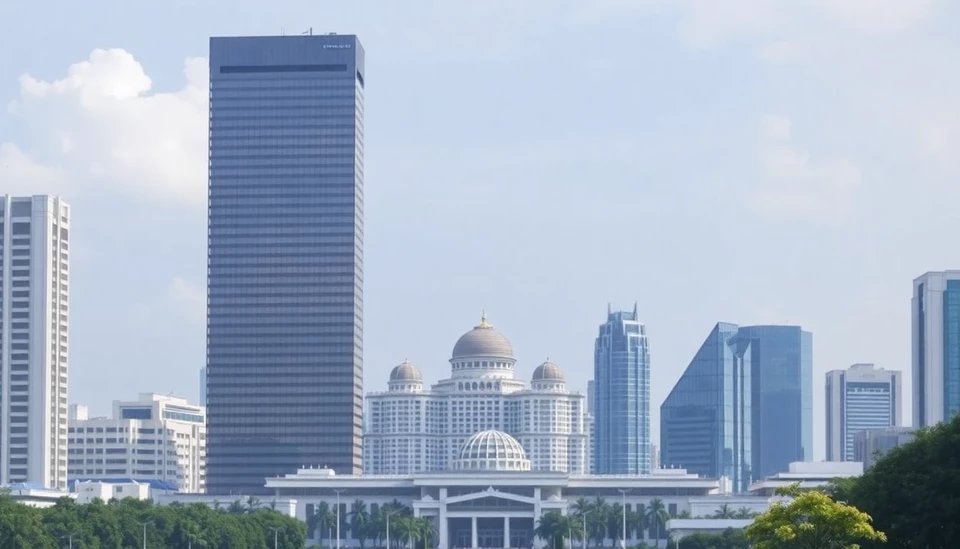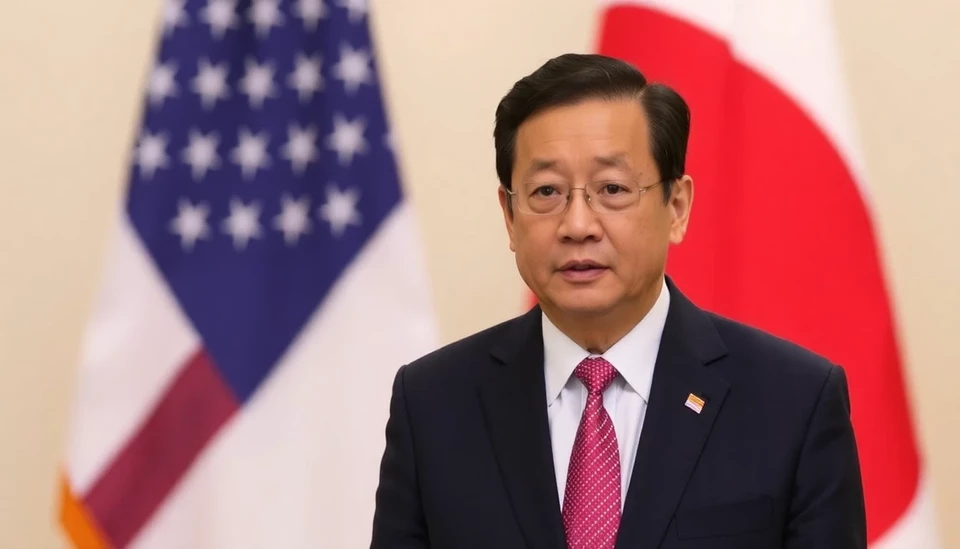
In an effort to bolster its fiscal resources, Indonesia is contemplating the reintroduction of a tax amnesty program aimed at increasing government revenue and broadening the tax base. This financial strategy, previously utilized with varying success, could potentially encourage taxpayers to report undisclosed income and assets.
The Indonesian government has been facing a persistent challenge in maximizing tax revenues, especially in light of recent economic pressures and the need for enhanced public services. Officials are now looking for innovative solutions to address these fiscal constraints, and a tax amnesty could provide an avenue for both the recovery of lost assets and the encouragement of compliance among taxpayers.
Tax amnesty programs typically allow individuals and businesses to settle their tax liabilities without facing traditional penalties, thus incentivizing voluntary disclosures. The last notable tax amnesty in Indonesia took place in 2016, which reportedly garnered significant funds for the government but was followed by concerns regarding the sustainability of such measures.
According to Finance Minister Sri Mulyani Indrawati, the prospect of reviving the tax amnesty is under active consideration, particularly as the government aims to meet its ambitious revenue targets in the midst of slowing economic growth. This strategic move is part of broader tax reform efforts aimed at enhancing compliance rates and expanding the tax net, which has been relatively narrow compared to global standards.
In conjunction with the potential reinstatement of the tax amnesty, the government is also focusing on improving digital tax administration and enforcement. These efforts are expected to work in tandem with the proposed amnesty to create a more robust tax collection framework. Experts believe that an efficient digital system could aid in monitoring taxpayer activities, thus mitigating the risks of tax evasion in the future.
The discourse surrounding the revival of the tax amnesty has sparked a variety of opinions among economists and stakeholders. While some argue that such programs can encourage compliance and yield immediate fiscal benefits, others caution against over-reliance on temporary solutions that may not lead to long-term improvements in the tax system.
As discussions continue, the Indonesian government remains committed to creating a more equitable and effective taxation environment, which is crucial for the nation's development and financial sustainability. Whether or not the tax amnesty will be reimplemented is yet to be seen, as officials weigh the potential impacts on the fiscal landscape.
In conclusion, the revival of a tax amnesty program in Indonesia could be a key strategy for enhancing tax revenue and compliance. However, it will require careful planning and implementation to ensure that this approach contributes positively to the country's financial health in the long run.
#Indonesia #TaxAmnesty #RevenueIncrease #TaxCompliance #FiscalPolicy #EconomicGrowth
Author: Rachel Greene




